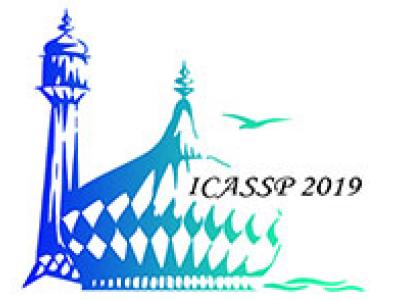
Lecture notes for undergraduate and first-year graduate students on digital watermarking and data embedding in multimedia data.
Based on lectures developed at University of Maryland, College Park, USA.
- Categories:
 229 Views
229 Views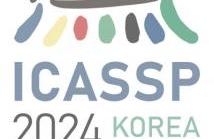
- Read more about TIA: A TEACHING INTONATION ASSESSMENT DATASET IN REAL TEACHING SITUATIONS
- Log in to post comments
Intonation is one of the important factors affecting the teaching language arts, so it is an urgent problem to be addressed by evaluating the teachers’ intonation through artificial intelligence technology. However, the lack of an intonation assessment dataset has hindered the development of the field. To this end, this paper constructs a Teaching Intonation Assessment (TIA) dataset for the first time in real teaching situations. This dataset covers 9 disciplines, 396 teachers, total of 11,444 utterance samples with a length of 15 seconds.
- Categories:
 38 Views
38 Views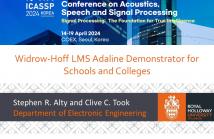
- Read more about WIDROW-HOFF LMS ADALINE DEMONSTRATOR FOR SCHOOLS AND COLLEGES
- Log in to post comments
The Widrow-Hoff LMS (or ‘Adaline’) algorithm developed originally in 1960 is fundamental to the operation of countless signal processing machine learning systems in use even today. Bernard Widrow and Ted Hoff famously developed an Adaline machine demonstrator using basic analog off the shelf components to show how a ‘perceptron’ could be trained manually. This paper details the design and development of a fully digital Adaline Least-Mean-Square algorithm demonstrator.
- Categories:
 92 Views
92 Views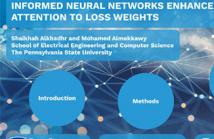
- Read more about Modeling the Wave Equation Using Physics-Informed Neural Networks Enhanced with Attention to Loss Weights
- Log in to post comments
Presentation for ICASSP 2023: Modeling the Wave Equation Using Physics-Informed Neural Networks Enhanced with Attention to Loss Weights.
- Categories:
 47 Views
47 Views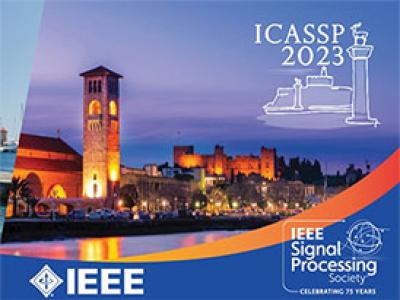
- Read more about Signal Analysis-Synthesis Using The Quantum Fourier Transform
- Log in to post comments
This paper presents the development of Quantum Fourier transform (QFT) education tools in the object-oriented Java-DSP (J-DSP) simulation environment. More specifically, QFT and Inverse QFT (IQFT) user-friendly J-DSP functions are developed to expose undergraduate students to quantum computing. These functions provide opportunities to examine QFT resolution, precision (qubits), and the effects of quantum measurement noise.
- Categories:
 50 Views
50 Views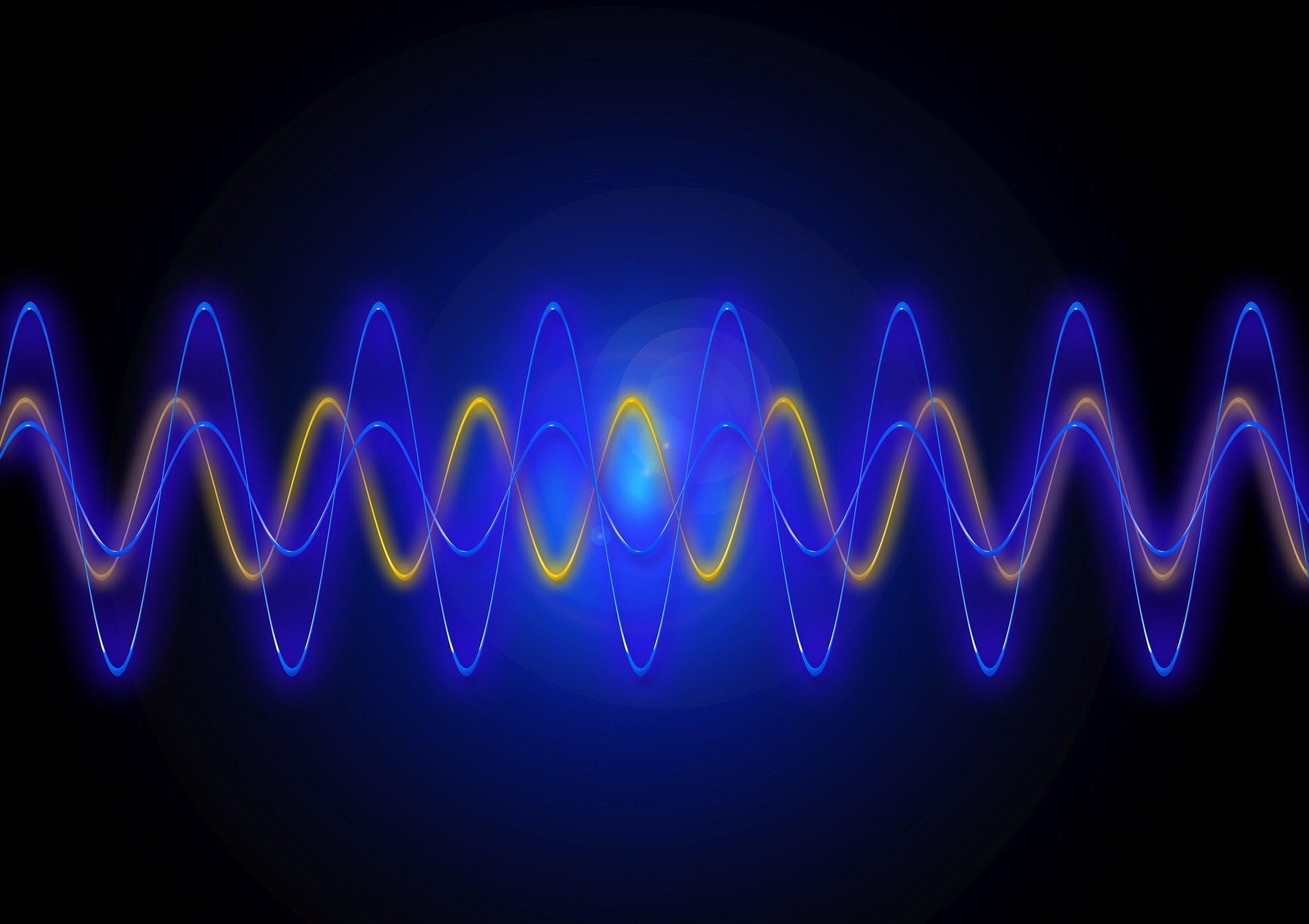
- Read more about Explainable Machine Learning: The importance of a system-centric perspective
- Log in to post comments
- Categories:
 74 Views
74 Views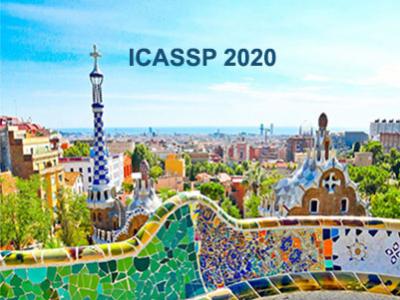
- Read more about Experiments in Creating Online Course Content for Signal Processing Education
- Log in to post comments
A brief introduction to the NPTEL.ac.in platform of India which
provides free access to quality online educational content for
Signal Processing. Experiences of creating courses related to Signal Processing,
supported by the European Union-funded project, MIELES.
- Categories:
 85 Views
85 Views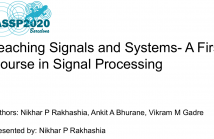
- Read more about Teaching Signals and Systems - A First Course in Signal Processing
- Log in to post comments
Signals and systems is a well known fundamental course in signal processing. How this course is taught to a student can spell the difference between whether s/he pursues a career in this field or not. Giving due consideration to this matter, this paper reflects on the experiences in teaching this course. In addition, the authors share the experiences of creating and conducting a Massive Open Online Course (MOOC) on this subject under edX and subsequently following it up with deliberation among some students who did this course through the platform.
- Categories:
 167 Views
167 Views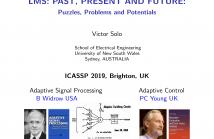
- Read more about LMS: PAST, PRESENT AND FUTURE: Puzzles, Problems and Potentials
- Log in to post comments
We give a brief history of the performance analysis of LMS.
Using averaging theory we show when and why the ‘independence
assumption’ ‘works’; we preface this with a fast
heuristic explanation of averaging methods, clarifying their
connection to the ‘ODE’ method. We then extend the discussion
to more recent distributed versions such as diffusion
LMS and consensus. While single node LMS is a single timescale
algorithm it turns out that distributed versions are twotime
scale systems, something that is not yet widely understood.
- Categories:
 139 Views
139 Views